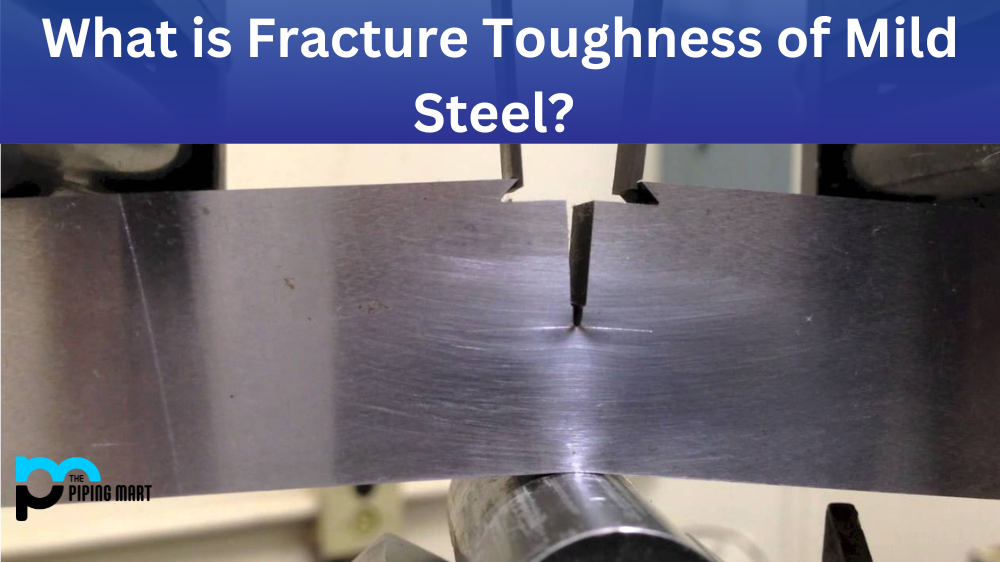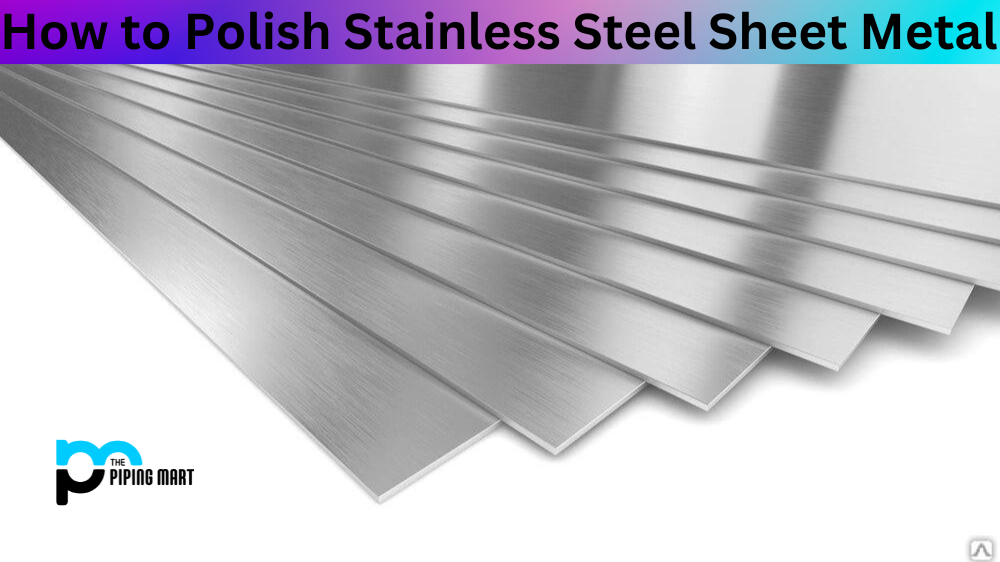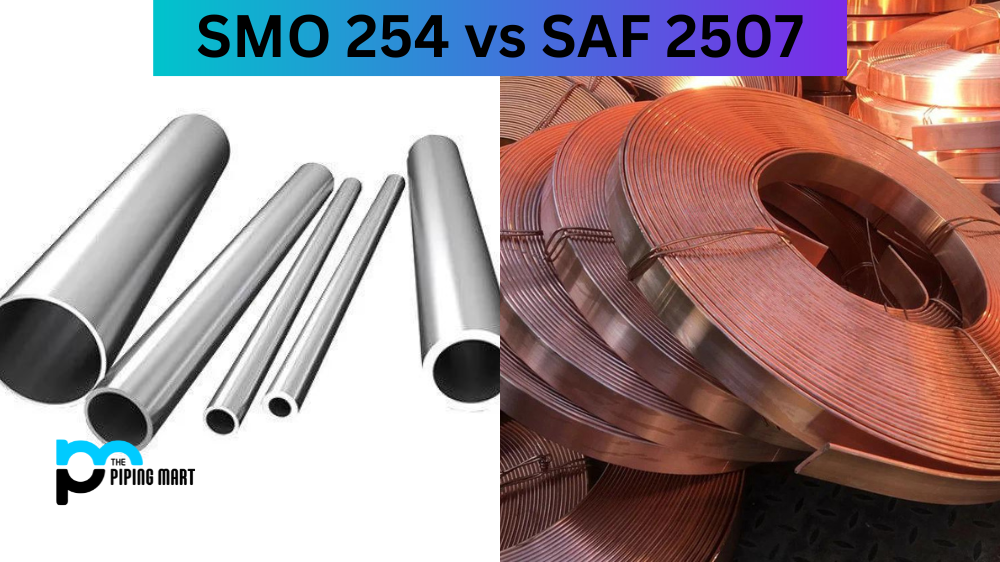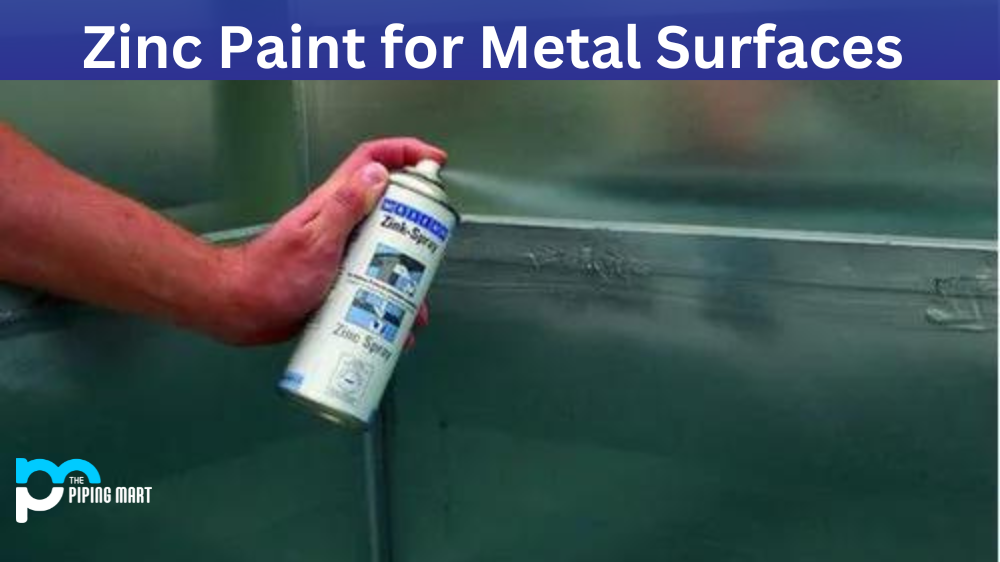Fracture toughness is a measure of the ability of a material to resist fracture when subjected to mechanical stresses. It is an important property for assessing the performance of materials in various industrial and engineering applications, including mild steel. In this blog post, we will explore what fracture toughness is and how it applies to mild steel.
What is Fracture Toughness?
Fracture toughness measures the energy required to propagate a crack through a material. Generally speaking, the tougher a material is, the more difficult it is to break or crack. This property can be quantified by measuring the resistance of a material to cracking under stress. The higher the fracture toughness, the greater the resistance to cracking and failure when subjected to mechanical stress.
How does it apply to Mild Steel?
Mild steel has relatively low fracture toughness compared to other materials, such as titanium alloys or super alloys. However, its relatively low cost makes it an attractive option for many industrial applications where strength and durability are not paramount considerations. For instance, mild steel can be used in low-stress applications such as piping systems or automotive components that require good weldability but do not need exceptional strength or durability.
In terms of metallurgy, mild steel exhibits lower ductility than some other metals because it contains fewer alloying elements, which reduce its ductility and increase its brittleness when cooled quickly after welding or high-temperature forming operations. As such, mild steel should only be used in low-stress environments that do not require exceptional strength or durability properties, such as those provided by other metals with higher fracture toughness values.
Conclusion:
Fracture toughness is an important measure of materials’ performance that should be considered in any application requiring strength and durability. Generally speaking, mild steel has lower fracture toughness than other metals such as titanium alloys or super alloys; however, its relatively low cost makes it suitable for many low-stress applications which do not demand exceptional strength or durability properties from their materials. Proper consideration must be given to selecting the correct type of metal for your application to ensure optimal performance and safety. By understanding what fracture toughness means and how it applies specifically to mild steel, you can better decide what type of metal is best suited for your particular needs!

Pipingmart is a B2B portal that specializes in metal, industrial and piping items. Additionally, we share the latest information and information about materials, products and various types of grades to assist businesses that are involved in this business.




